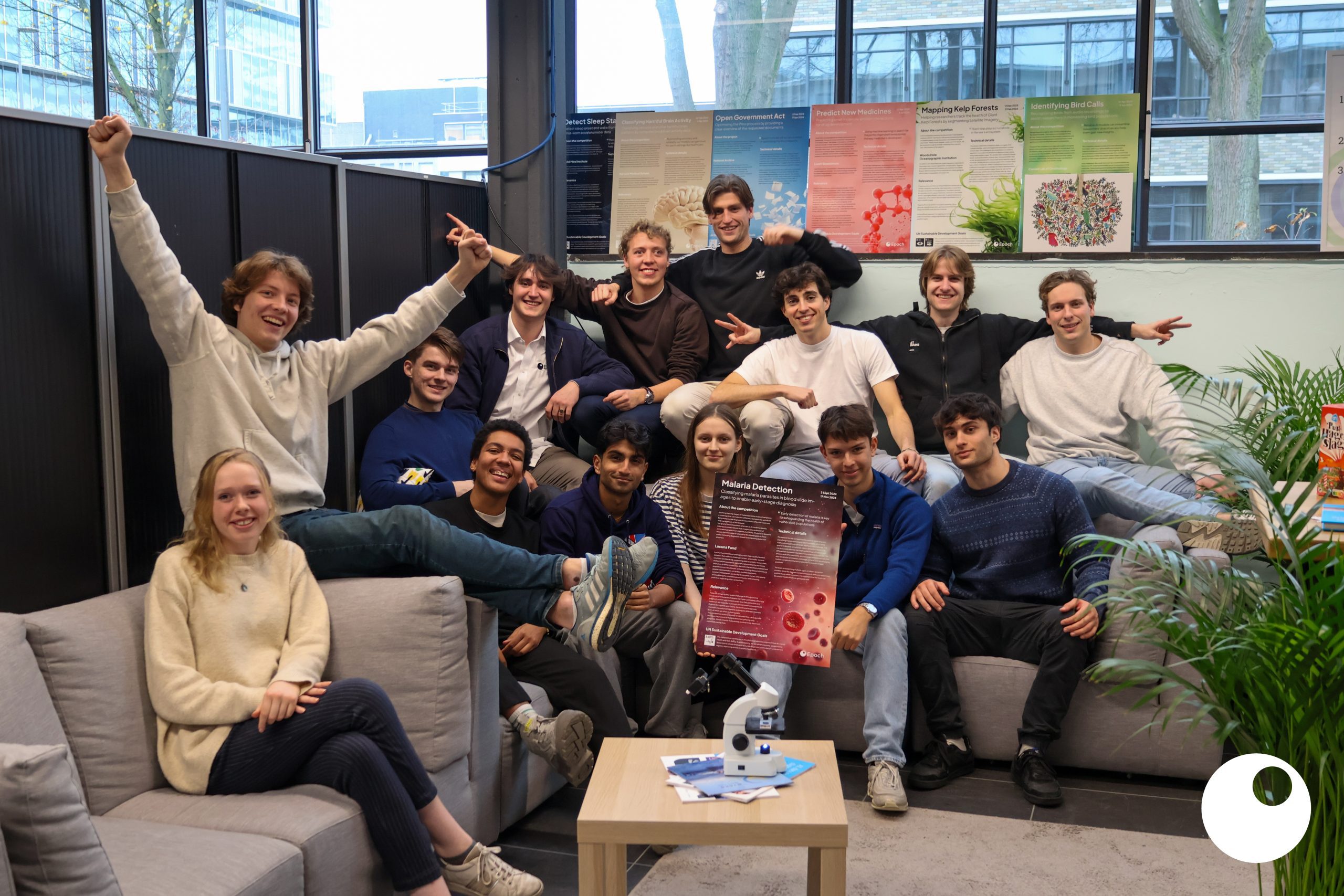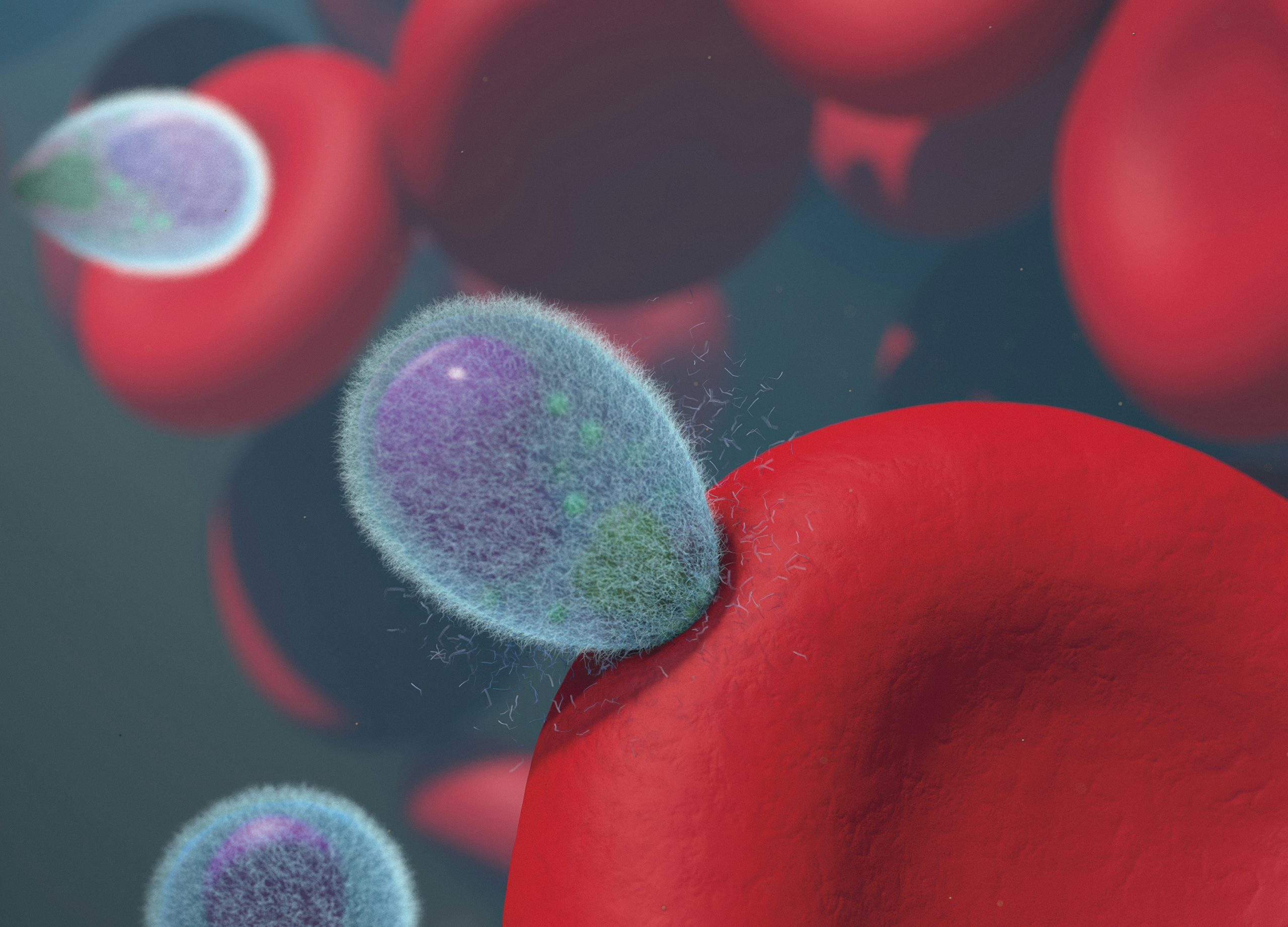The interdisciplinary and international AI student team ended in first place in a malaria detection competition held by the Lacuna Fund. It is their third win since the team started in 2020.
(Photo: National Institute of Allergy and Infectious Diseases via Unsplash)
The Dream Team’s model enables malaria to be detected at an early stage. This means that there is a higher chance of treatment being successful than if the disease is discovered later. The model can be used by doctors to diagnose whether a patient has a malaria infection using a telephone camera and microscope, and if so, it can determine its degree of severity.
The project is a good example of the societal impact that Team Epoch is striving for, writes the Team Manager Tjark Wesselink in a press release. ‘Using just a telephone and a microscope, this technology can make a huge difference in healthcare in areas that have limited resources.’
Gaius Doucet, Team Epoch’s PR Coordinator, told Delta that the win was not unexpected. “We were well in the lead in the last part of the competition.” It must have been destined. “The difference between us and the number two was three times bigger than the difference between number two and number three. We had not expected that!” The TU Delft team handled things differently than their competitors. Numbers two and three only used one model while Team Epoch combined two models.
The text continues below the photo.

Uganda and Ghana
In total, 350 teams entered the competition. They all used the same dataset made available by the organisers, of smartphone photos from Uganda and Ghana, countries where Malaria is still rife. The TU Delft students’ winning model will be further adapted and applied.
It is the third win for the fairly new Dream Team that enters several competitions every year. Earlier this year, the team won a competition run by the Woods Hole Oceanographic Institute with 671 entrants. They created an algorithm that could predict the presence and loss of kelp forests using satellite images.
Last year the student team won the Computable Award 2023 for Sustainable Tech for their AI model which predicts the amount of biomass in Finnish woods. The team is now working on a model to map literacy among young children based on audio fragments and a model in which 3D proteins can be localised, which is important in developing new medicines.



Comments are closed.